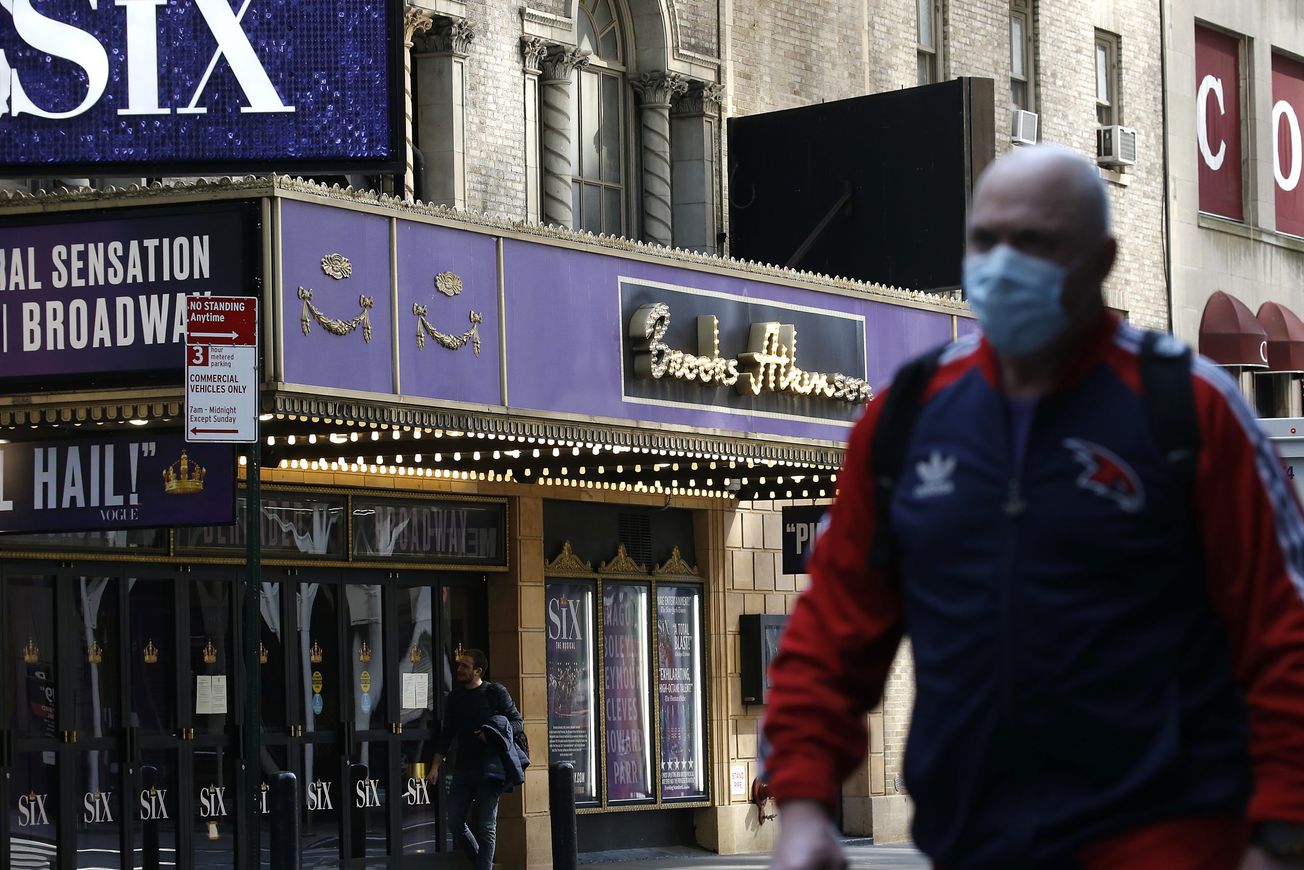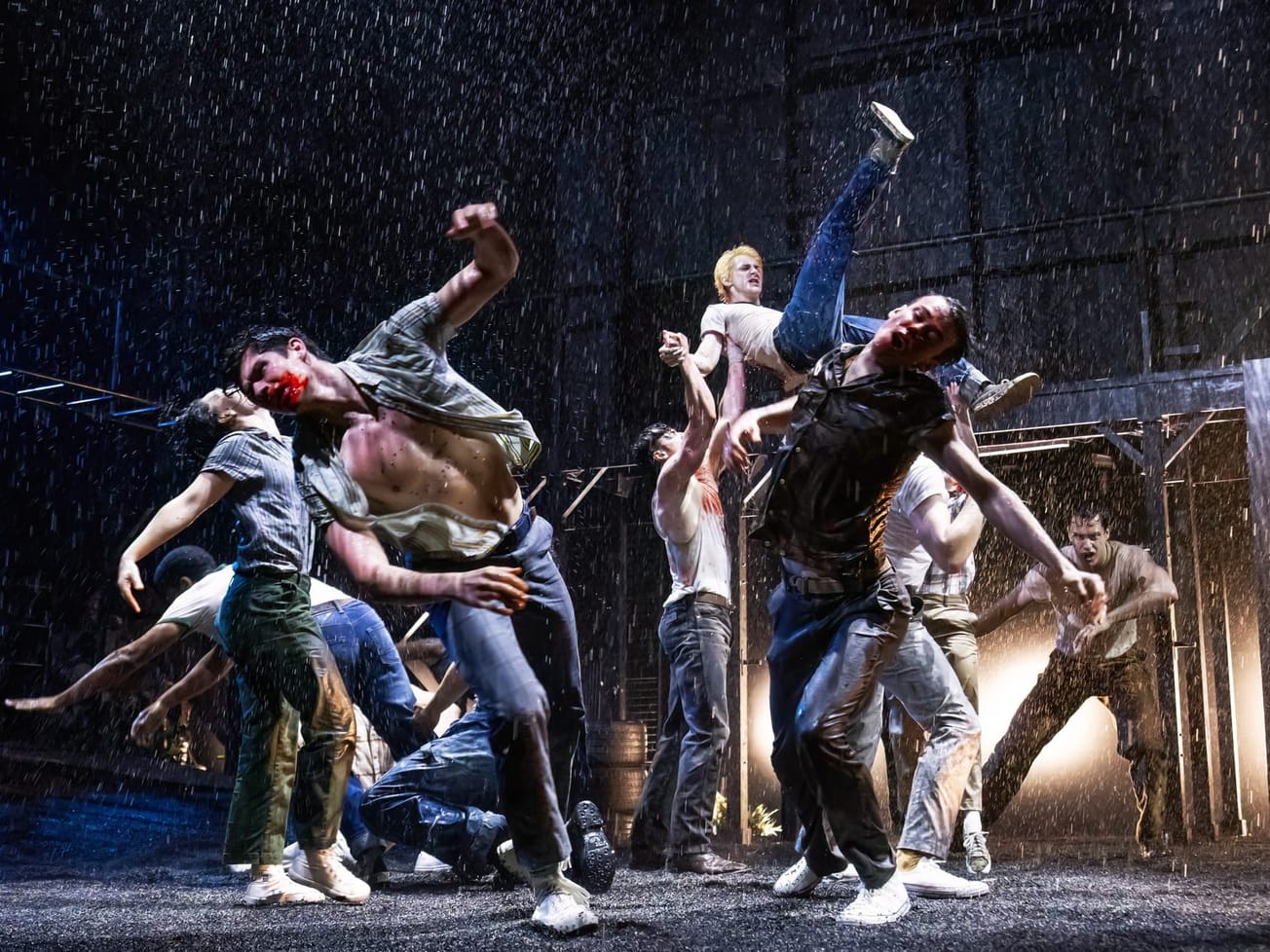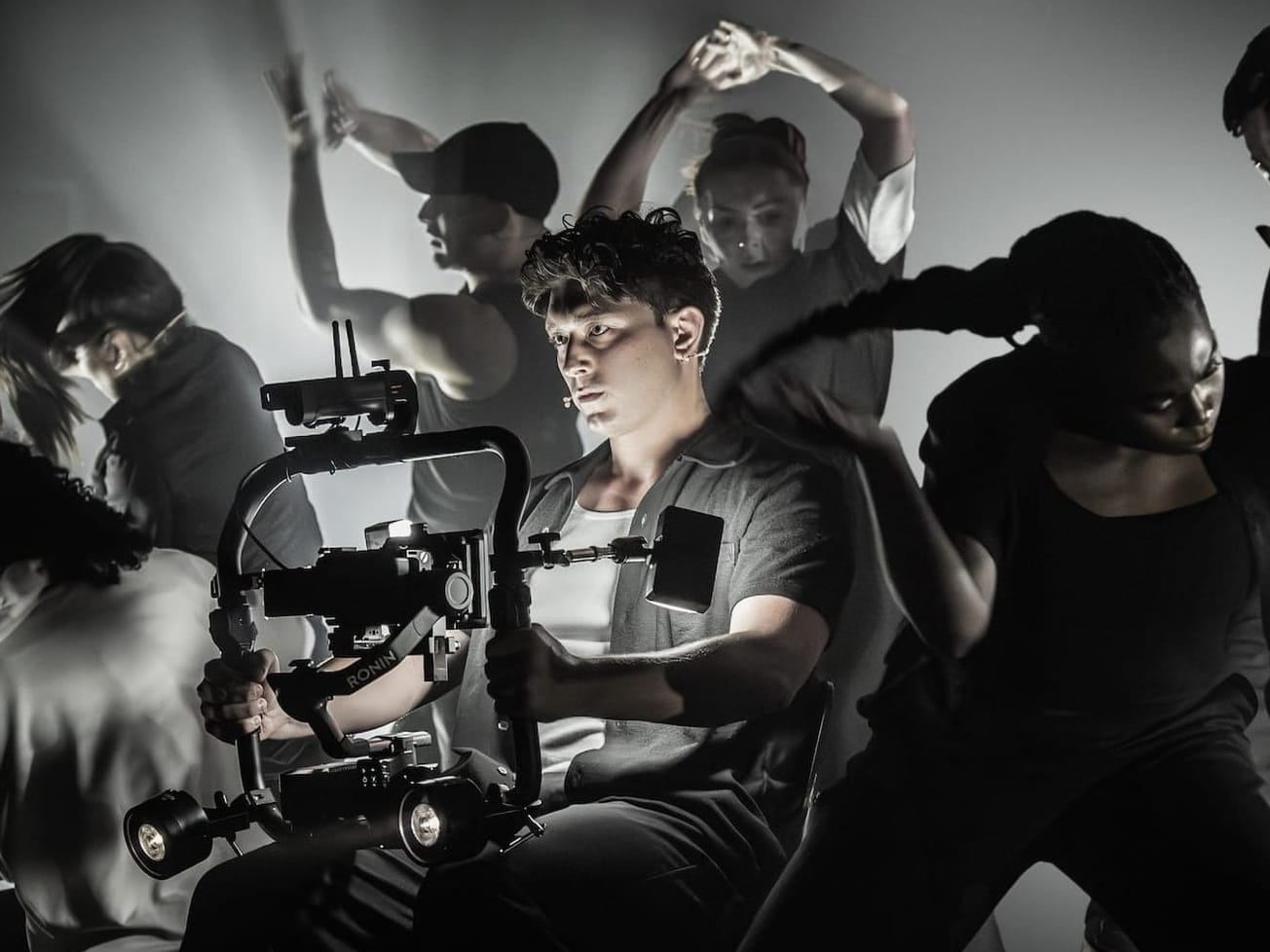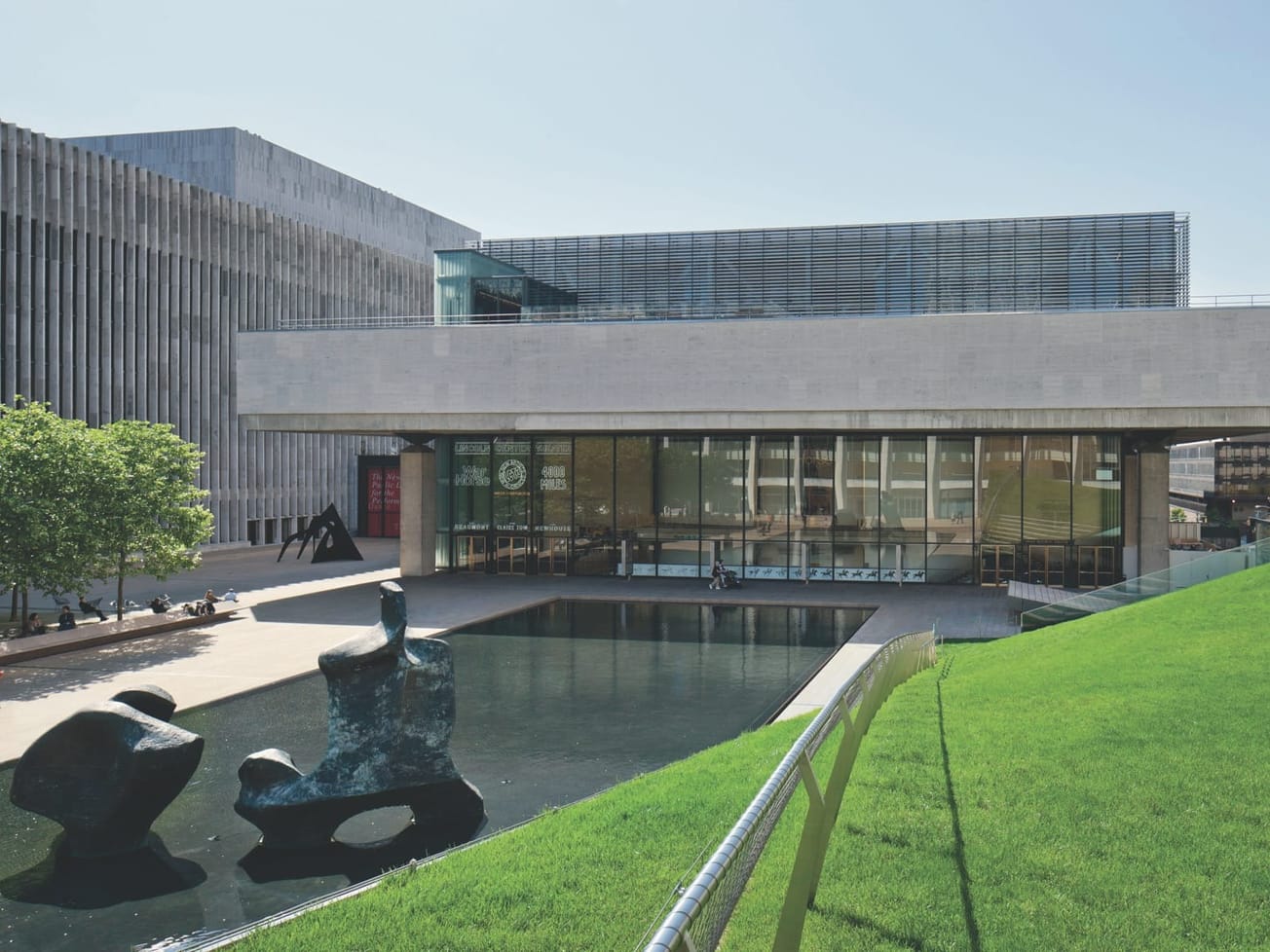A COVID-19 theater think tank has launched a website to help theaters across the country identify risks and areas of improvement related to the virus.
Created by producer and publicist Matt Ross in early April, the think tank is composed of three dozen theatermakers across all disciplines, as well as a team of epidemiologists from the CUNY Graduate School of Public Health and Health Policy. Together, the group is releasing guidelines drawn from public health data and specifically formulated for theater, as well as educational resources on how different areas of the field are handling the virus.
The goal of the group is not to be prescriptive, Ross said, but rather offer a starting point for theaters Off-Broadway, on Broadway and nationally to begin to plan for reopening. Overall, the group is guided by the principle that COVID-19 will never be eradicated entirely, as a possible vaccine or treatment options for the virus may not be adopted by or effective for all.
“There is no such thing as making something 100% safe,” Ross said. “It is all about risk mitigation.”
The site launched Wednesday with a video interview of Hudson Scenic Studios owner Neil Mazzella and lead production manager Carrie Winkler on plans for reopening the set construction shop, which qualifies as non-essential manufacturing able to open under Phase One in New York. The hope is that other studios or areas of theater can use the discussion as a resource.
The Yonkers-based shop expects to open on July 6, following a plan that maintains reduced staff numbers in the building and includes daily health checks for employees, face coverings, regimented cleaning schedules and about $2700 spent thus far on supplies such as thermometers and sanitation wipes. To create the plan — which will initially see employees working on individual projects or socially distanced bench work — Winkler researched guidelines from the state and the Centers for Disease Control and Prevention, as well as from guidance from other set shops that have already opened.
“It was about educating myself as best I could, and knowing we’re going to go into it and things will change,” Winkler said.
The COVID-19 Theatre Think-Tank site also launched with initial airflow and disinfection guidance based on recent studies and with input from the team at CUNY. Though Ross said these documents will likely evolve as more data become available, they provide a starting point for theaters to speak with engineers about reconfiguring ventilation systems. The guidelines recommend adjusting ventilation systems so that no air recirculates and controlling the concentration of carbon dioxide in the space.
“What seems most certain at this point is that circulation of fresh air has a positive effect on preventing some spread of the virus,” Ross said.
The think tank, which began with an initial list of 40 areas of concern, is now working on a time-in-motion study to examine patterns of people moving through the front of house and backstage in theaters and identify how congestion could be reduced.
The group is also interested in working with CUNY on modeling how different measures taken by theaters can mitigate risk for coronavirus. For example, the models may be able to determine how much percentage decreases in audience numbers or in recirculated air impact the spread of COVID-19.
The theatermakers in the group include producers Tom Kirdahy, Dori Berinstein and Jenny Gersten, set designer Mimi Lien, director Rachel Chavkin, general manager Andy Jones, booking agent Temah Higgins, New York Theatre Workshop Managing Director Jeremy Blocker and more.
In addition to the seven-member CUNY team, which includes Ayman El-Mohandes, dean of the CUNY Graduate School of Public Health and Health Policy, the group has a team of three special advisers: Serin Kasif, vice president of production for the Really Useful Group, Dr. Robby Sikka, who is leading a coronavirus antibody study for the NBA, and Andy Slavitt, former Acting Administrator for the Centers for Medicare and Medicaid Services.
The think tank is not formally affiliated with any union or theater group, but is sharing information and in communication with others in the industry. Unions such as Actors’ Equity and the Stage Directors and Choreographers Society in partnership with the American Guild of Musical Artists have hired their own epidemiologists to create safety standards for the coronavirus.
Ross said there is daily activity within the group, including guest speaker sessions on topics such as reopening “The Phantom of the Opera” in South Korea and communications with other industries, including efforts in the NBA and researchers at MIT.
While the group is focused on how theater can return, it is leaving the question of a return date to other entities.
“It’s the only topic that’s basically off limits for our think tank,” Ross said.


























































